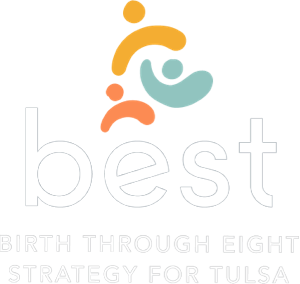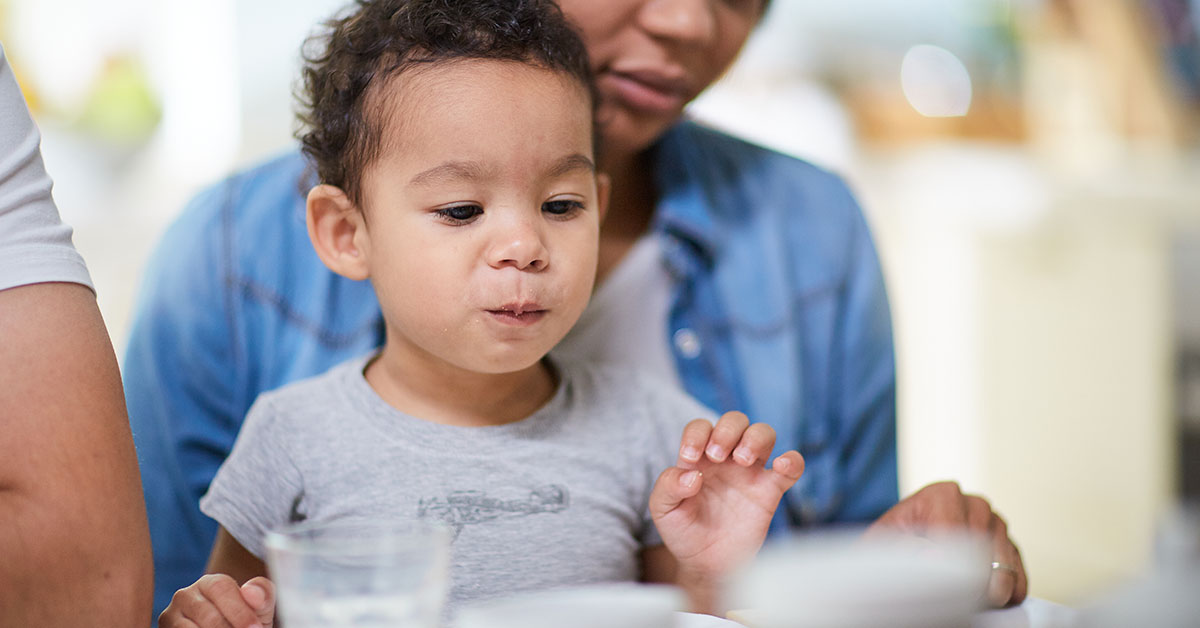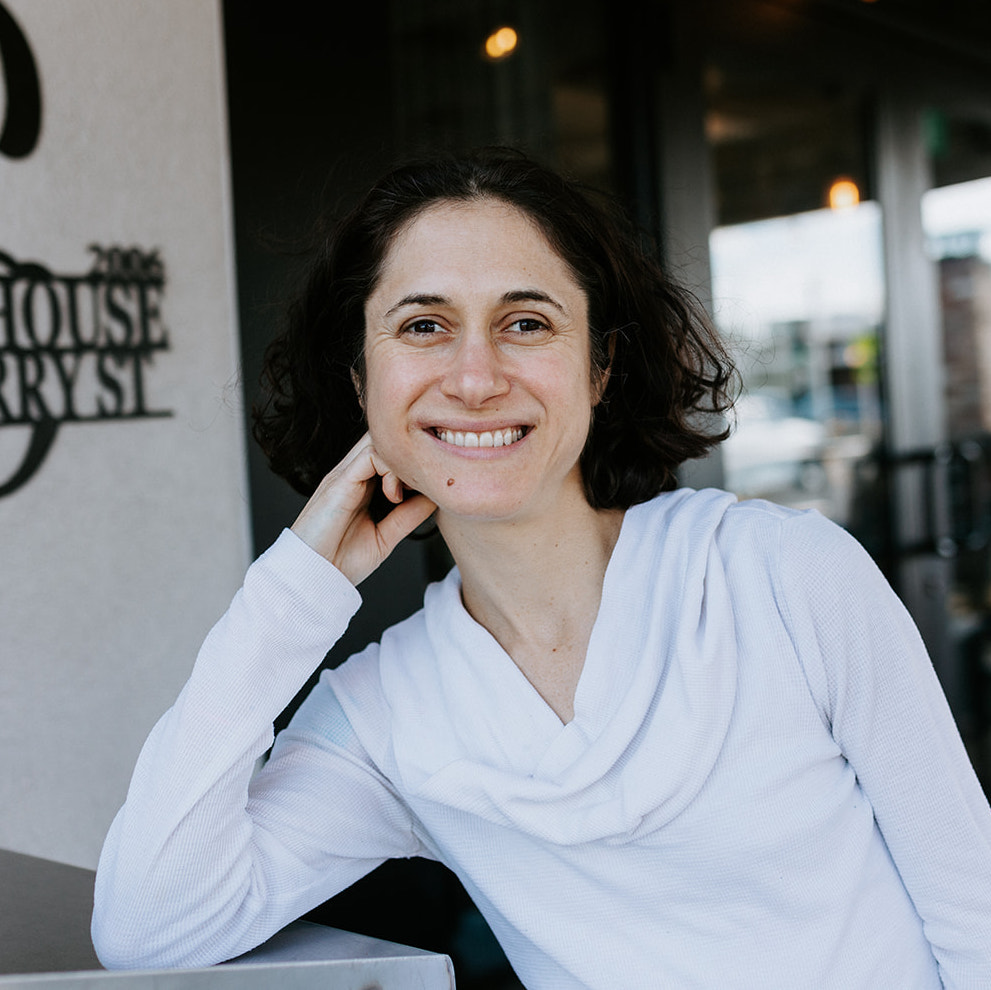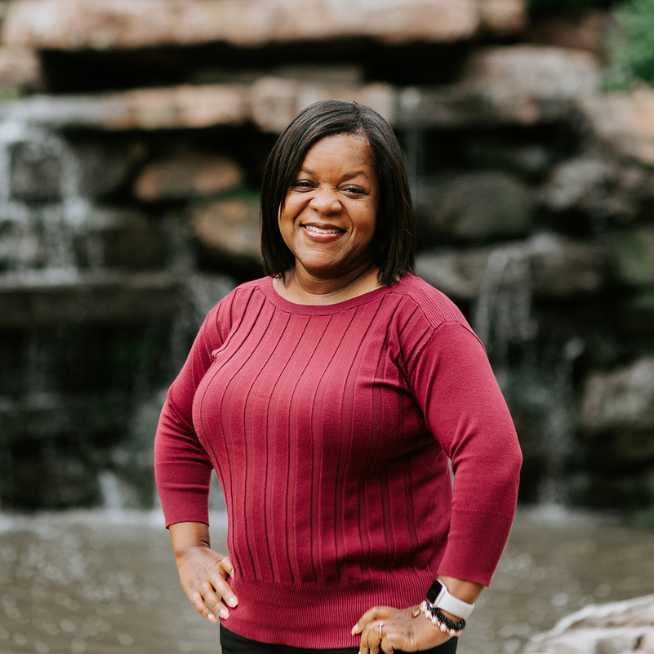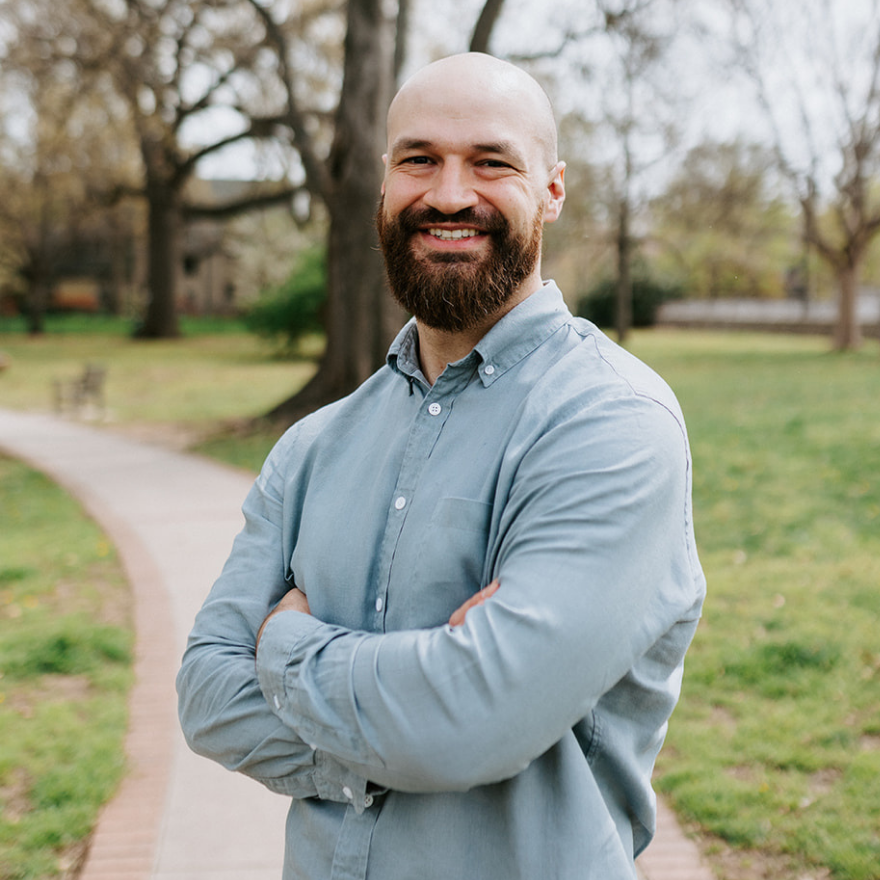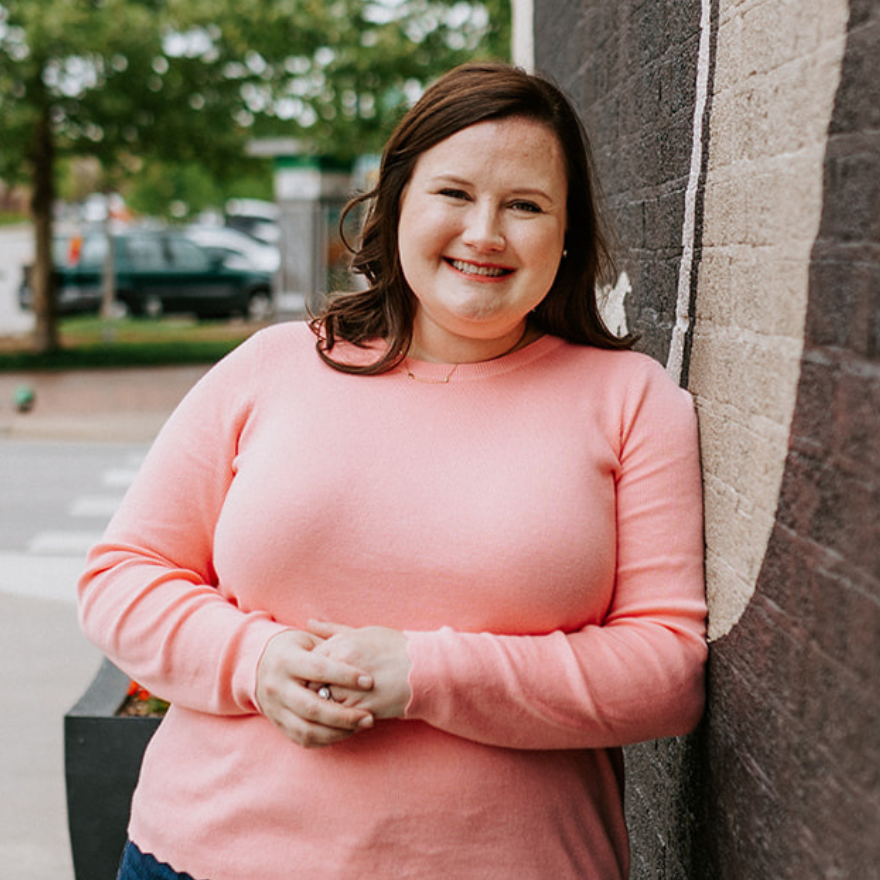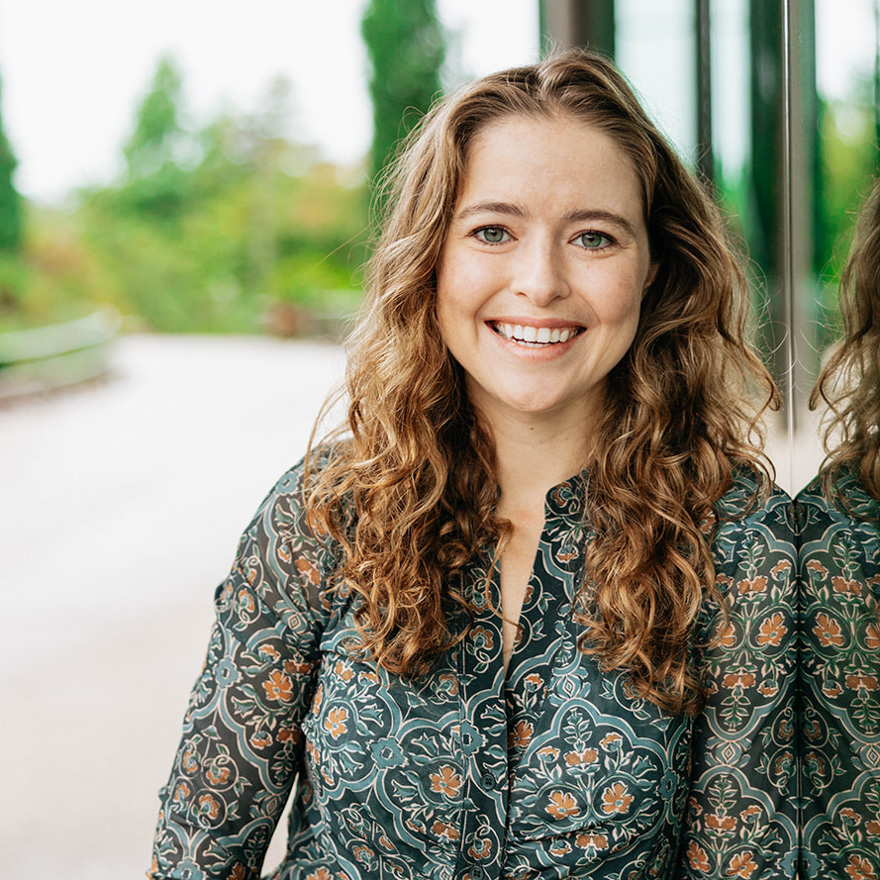Human beings crave connection and community. Studies have found that people who regularly connect with family, friends and their community struggle less with their mental health. During the COVID-19 pandemic, many children and families have become increasingly isolated from others. Family & Children’s Services has done a great amount of work to support families during this time, especially through their Maternal Mental Health program. Their work has shown that collaboration can also be a powerful tool in supporting mental health.
Community is something the Children’s Mental Health and Family Support team exemplifies. They lead by example, utilizing collaboration in all aspects of their work. Whitney Downie, Chief Program Officer, and Lorri Perez, Senior Program Director, lead the maternal mental health work at Family & Children’s Services. They both have extensive backgrounds working with children and families, and the pair have been working together at Family & Children’s Services for over 20 years. Whitney commented that she is lucky that much of her team has been working with her for over 15 years. And these relationships show in their work. The community that they have created on the job translates into the work they do in helping parents and caregivers find community in one another.
I always [want to work] with children because to me, that’s where you make the most impact and [work] with parents to do their best to help raise these kids to have better outcomes.
Whitney Downie, Family & Children’s Services
The Family & Children’s Services team facilitates a variety of support groups with moms through the Maternal Mental Health program. Many of these parent groups are focused on prevention and ensuring caregivers have the information and resources needed to parent in healthy ways. Additionally, accessibility has always been important to Family & Children’s Services. As a result, parents are able to walk into these groups without having to go through a formal intake process with Family & Children’s Services.
These support groups create space for moms to share their anxieties and worries, while finding community with one another. During COVID-19, these groups shifted to telehealth and met virtually. More recently, members participating in “Mothers and Babies,” an evidence-based group, met in person for the first time after beginning the group in December 2020. As one of the members was about to move out of state, they hosted an outdoor gathering at a Tulsa County Park. Lorri noted how, “the idea of putting them in groups was to create socialization,” and this group of moms was truly able to find community with one another. The moms continue to communicate outside of the organized group in their own group text, asking each other questions and sharing their experiences every week. The growth of relationships in this Mothers and Babies group epitomizes what Family & Children’s Services hopes to create with support groups: a starting-off point that provides parents and caregivers with an opportunity to support their mental health in ways that are beyond medication and therapy.
When you have increased socialization, it also helps you stop feeling so isolated, and it does help alleviate some of those depression and anxiety symptoms. [These moms] took it up a notch and created their own natural support group.
Lorri Perez, Family & Children’s Services
Networks of care are vital for improving outcomes for the children of Tulsa, as it takes a village, even on the organizational level. These networks can close the gap for those who are in need of mental health services and may not know how to access those supports. Family & Children’s Services have been able to receive direct referrals to their program from ConnectFirst teams to help connect moms to mental health services. As a result, Family & Children’s Services is already seeing increasing pathways to treatment and support with growing numbers of direct referrals. During this pilot, Family & Children Services has been able to receive 285 incoming referrals from ConnectFirst Teams. With the success of this collaboration, Family & Children’s Services plans on creating a referral form to better serve new clients.
ConnectFirst and Family & Children’s Services currently are working to embed therapists into the OSU OB/GYN and OSU Pediatrics clinics. Integrating mental health resources into the clinical setting will not only increase accessibility to mental health supports but also help families make deeper connections to mental health as a part of their overall health. They also have plans to look at embedding therapists at other healthcare facilities in the future.
Networks of care are vital for improving outcomes for the children of Tulsa, as it takes a village, even on the organizational level.
Community care is often overlooked as a tool to improve mental health, but humans yearn to connect and find community with one another. Organizations like Family & Children’s Services, ConnectFirst and OSU clinics coming together to deliver mental health support is a great example of the importance of community and the power of collaboration. These partnerships have allowed the respective teams to think creatively about how to address mental health to improve outcomes for children and the family as a whole in need of mental health support.
